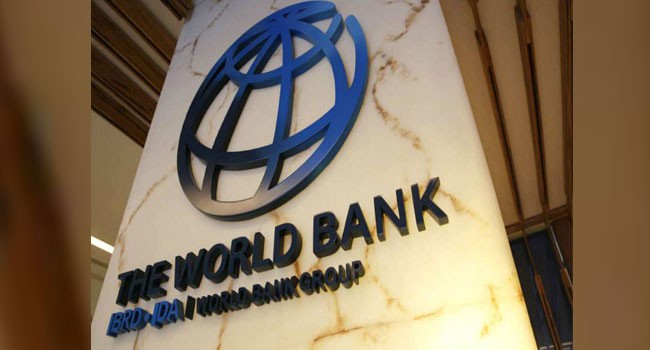
The World Bank Group, through its private-sector financing arm, the International Finance Corporation (IFC), has successfully completed its first-ever securitisation transaction, a groundbreaking move aimed at channelling global institutional capital into emerging and developing markets.
The landmark $510 million deal, which repackages IFC’s loan portfolio into rated securities, marks a strategic shift in the organisation’s investment approach. It is the first step in what the IFC calls its “originate-to-distribute” model an effort designed to unlock private investment at scale while expanding the institution’s ability to finance development projects globally.
In a statement released on Saturday, IFC said the securitisation structure creates a new asset class tailored to meet the risk-return preferences of institutional investors such as pension funds, insurance companies, and asset managers groups traditionally absent from frontier and developing economies.
The transaction comprises:
- A $320 million senior tranche acquired by private investors
- A $130 million mezzanine tranche, backed by credit insurance
- A $60 million equity tranche, retained by IFC
The deal is listed on the London Stock Exchange and was arranged by Goldman Sachs, positioning it as a scalable template for future issuances.
World Bank Group President Ajay Banga praised the move as a significant advancement in development financing strategy, emphasizing the organisation’s evolving role in mobilising private capital for long-term impact.
“Mobilising private investment at scale is essential to creating the jobs that give people a ladder out of poverty and begin the journey of changing a family’s trajectory for generations,” Banga said.
“This is step one in an originate-to-distribute strategy that holds significant potential to attract private capital at scale. It also frees up our balance sheet so we can support more countries and more private-sector players. The opportunity and the need are much larger and so is our ambition.”
A Replicable Model for Emerging Markets
The IFC says the securitisation will help address two major challenges:
- Access – It provides global investors with exposure to emerging market credit, which is typically difficult to access.
- Capacity – It allows the IFC to recycle capital into new, high-impact development projects.
This approach aligns with the recommendations of the Private Sector Investment Lab, a body established in June 2023 to explore how to remove barriers to private investment in low- and middle-income countries.
Development experts have hailed the transaction as a major step forward in closing the financing gap for critical infrastructure, energy, and social projects in the Global South. With traditional aid and public funding falling short, the World Bank and IFC are banking on innovative financial instruments to fill the void.
IFC’s model could serve as a blueprint for other development finance institutions, analysts say, especially as the global economic landscape pushes for more efficient and scalable investment structures.
The World Bank Group confirmed that it plans to launch additional securitisations regularly, building a sustainable pipeline for private-sector participation in development finance.



